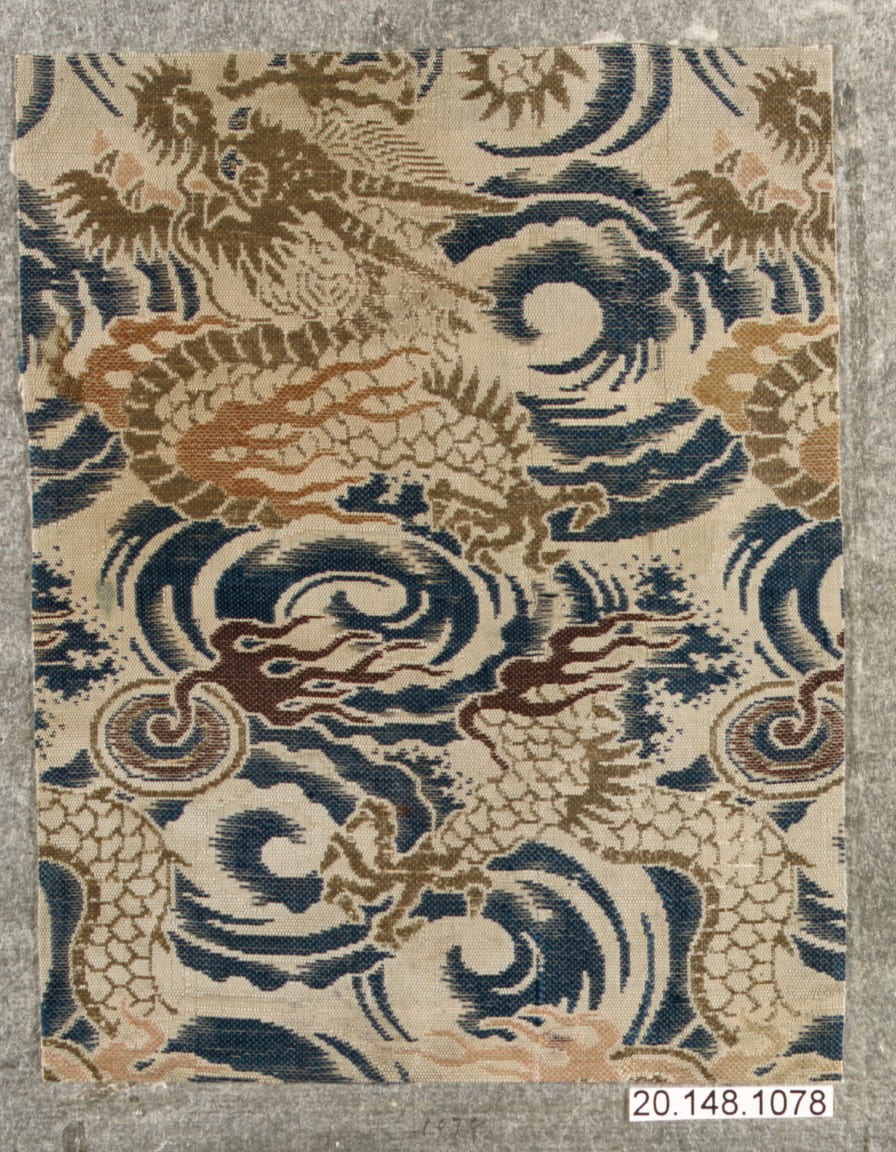Kyle Pan
University of Chicago
“Aiding War Criminals in the ‘New’ Japan: A Study of The War Convicted Benefit Society, 1952-1958.”
April 6th, 4-6 PM
John Hope Franklin Room (SSR 224)
Please join us as the East Asia: Transregional Histories workshop welcomes our own Kyle Pan as he presents his second year seminar paper to the workshop. In “Aiding War Criminals in the ‘New’ Japan: A Study of The War Convicted Benefit Society, 1952-1958,” Kyle examines the nature and activities of The War Convicted Benefit Society from 1952 to 1958 in order to show that war crime trials and other policies intended to dismantle the “militarism” in Japanese society had unexpected yet significant consequences for the postwar Japanese state and society.
Kyle’s whole seminar paper is posted on the East Asia: Transregional Histories workshop website. He has also provided a more focused range of pages that he would like feedback on: 5-6, 13-15, 23-29, 33-34, 41-44, 47-48, 50-51 and the conclusion.
As always, first-time attendees are welcome. Light refreshments and snacks will be served.
If you have any questions or require assistance to attend, please contact Jessa Dahl at jdahl@uchicago.edu or Erin Newton at emnewton@uchicago.edu.


